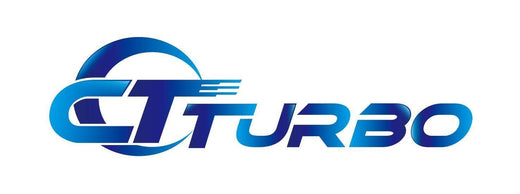
When the turbocharger operates at high RPM, the turbine shaft and bearings rotate within a thin film of oil. Any interruption in the oil supply can lead to premature failure of the turbocharger's bearings, often before the engine's main bearings.
Contaminated oil can severely damage the turbo bearing system. Contamination may arise from:
- Extended Service Intervals: Delaying oil changes beyond the recommended schedule can allow contaminants to build up in the oil, reducing its quality and effectiveness.
- Unclean Oil Feed Pipe: Debris, sludge, or other contaminants in the oil feed pipe can enter the turbocharger, affecting the oil's ability to properly lubricate and cool the bearings.
- Poor Maintenance: Neglecting regular maintenance of the oil system, including oil changes and filter replacements, can lead to a buildup of dirt and contaminants in the oil.
- Water or Coolant Leaks: Water or coolant leaks into the oil system can contaminate the oil, reducing its lubricating properties and leading to bearing wear.
- Engine Wear Particles: Particles from engine wear, such as metal shavings or carbon deposits, can enter the oil and cause abrasive damage to the turbo bearings.
Proper maintenance and timely oil changes using high-quality oil and filters are essential for preventing contamination and protecting the turbo bearing system. Regular inspection of the oil feed pipe and system cleanliness can help ensure the turbocharger operates efficiently and reliably.
